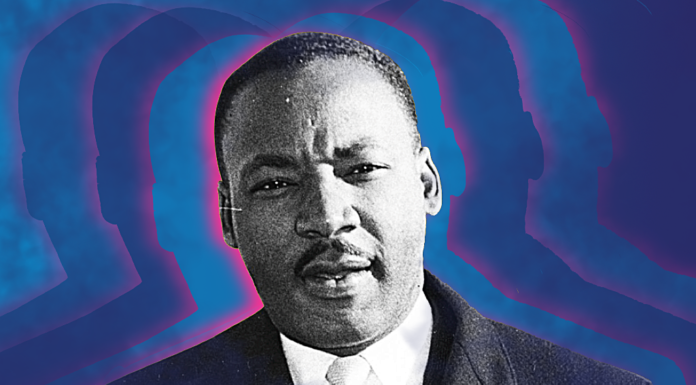As we are in the midst of Hispanic Heritage Month and celebrating the diversity of the culture and ancestry, it is important to acknowledge a particular group of Latinos: our Afro-Latinos. Even in Latinx spaces, there is often a failure to honor this group and their unique experience and struggles. This failure can be traced back to anti-Blackness in our different cultures, from Mexico to the tip of South America and to the Caribbean. Though it manifests in different ways, there is no doubt the seeds of racism were planted in all of these imperialized and colonized places.
We see it in the favoring of white and lighter skin tones and the fear of getting too dark. It’s not uncommon to hear words like ‘chelita’ or ‘rubia,’ Spanish words for ‘light-skinned’ and ‘blonde’, paired with affirmations of beauty. Watching a telenovela, it’s rare to see an Afro-Latinx depicted and if there is one, she’s usually the villain. Or sometimes we notice anti-Blackness in the dislike of one’s own brown eyes. Other times, it manifests in the denial of African or indigenous blood in favor of focusing on Spanish or European ancestry.
Recently, I was speaking about racism with a medium-complexion Columbian man who told me there was no racism in Columbia.
“In Columbia, we are all Columbians. The Black people all live on the coast, and that’s part of who they are. And they are fine there.”
“Why do they live on the coast?” I asked. I didn’t need the answer. But I knew he needed it.
He paused. “That’s where the ships brought them in.”
We both nodded and I could see he was beginning to understand. In Latinx culture we often forget to acknowledge the role of slavery in our own origin countries. We also forget to discuss the genocide that has occurred, such as the government massacre of indigenous Mayans in Guatemala or of Afro-Haitians in the Dominican Republic under Trujillo. Latin American countries do not have the exact same race-based system of oppression that the United States has, but oppression of Black and indigenous populations is still prevalent and destructive. Additionally, nations across the globe are affected by racism that permeates the U.S.’s international relations and policies and has its historic roots in colonialism and slavery, not to mention the reach of American media.
So when we speak and teach others about Hispanic Heritage Month and the richness of our culture, we might also try to make a point of acknowledging our Afro-Latinxs in a way that reminds us all that they matter. Not only have they shown a tremendous resilience and strength here in the United States, but also their fight began long before arriving here. We can learn more about the Afro-Latinx cultures within our communities. In New Orleans, we have a large Garifuna population, who are of mixed-raced origin with ancestral ties to Arawak, Carib, and African descendants. We can also highlight the stories of internationally famous figures such as singer Celia Cruz and baseball player Roberto Clemente. We can talk about the accomplishments of some of the most well known activists such as Arturo Alfonso Schomburg and Carlos Moore. We can celebrate the accomplishment of Zulia María Mena Garcí, the first Afro-Colombian congresswoman elected in the country. There are many opportunities in New Orleans to celebrate the month. Let’s make sure we celebrate it the right way, in a way that demonstrates we know there is a group of Latinxs who face tremendous institutional and structural racism and who deserve to be acknowledged and honored.










